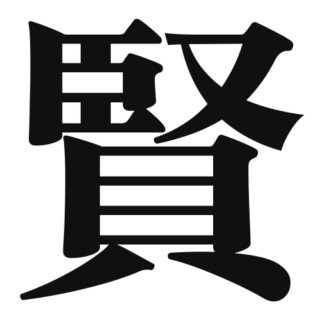 N2
N2 賢
1. Overview of MeaningThe kanji "賢" (ken) means "wise" or "intelligent." It is often used to describe someone who posses...
 N2
N2  N2
N2  N2
N2  N2
N2 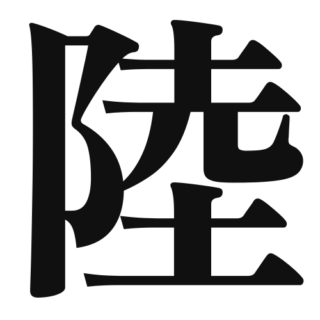 N2
N2 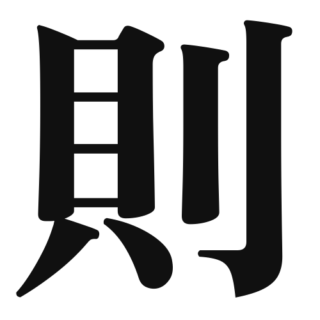 N2
N2 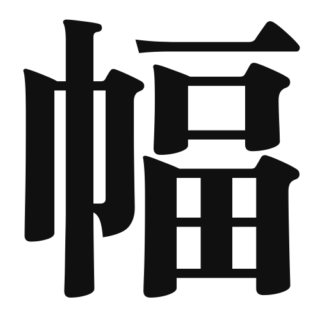 N2
N2 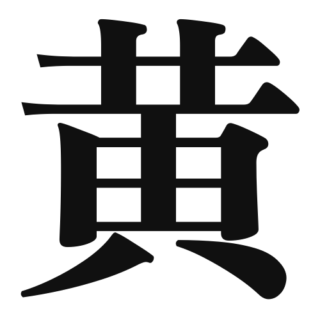 N2
N2 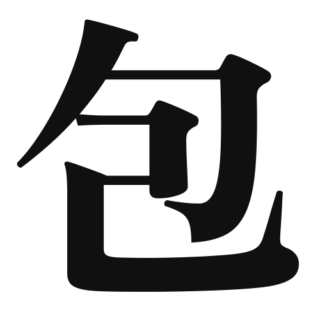 N2
N2 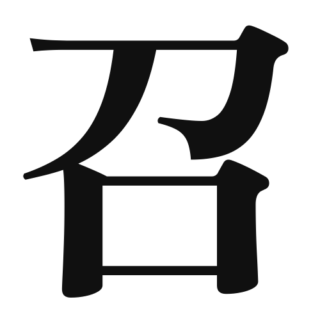 N2
N2